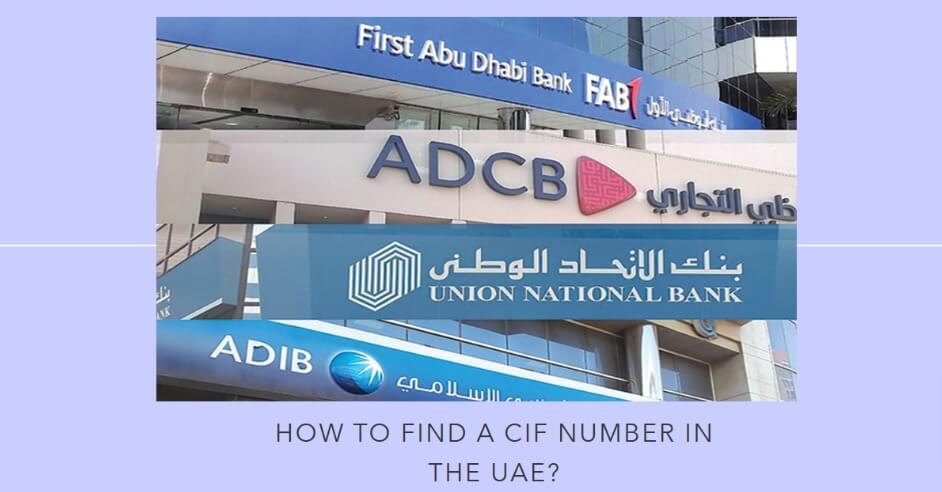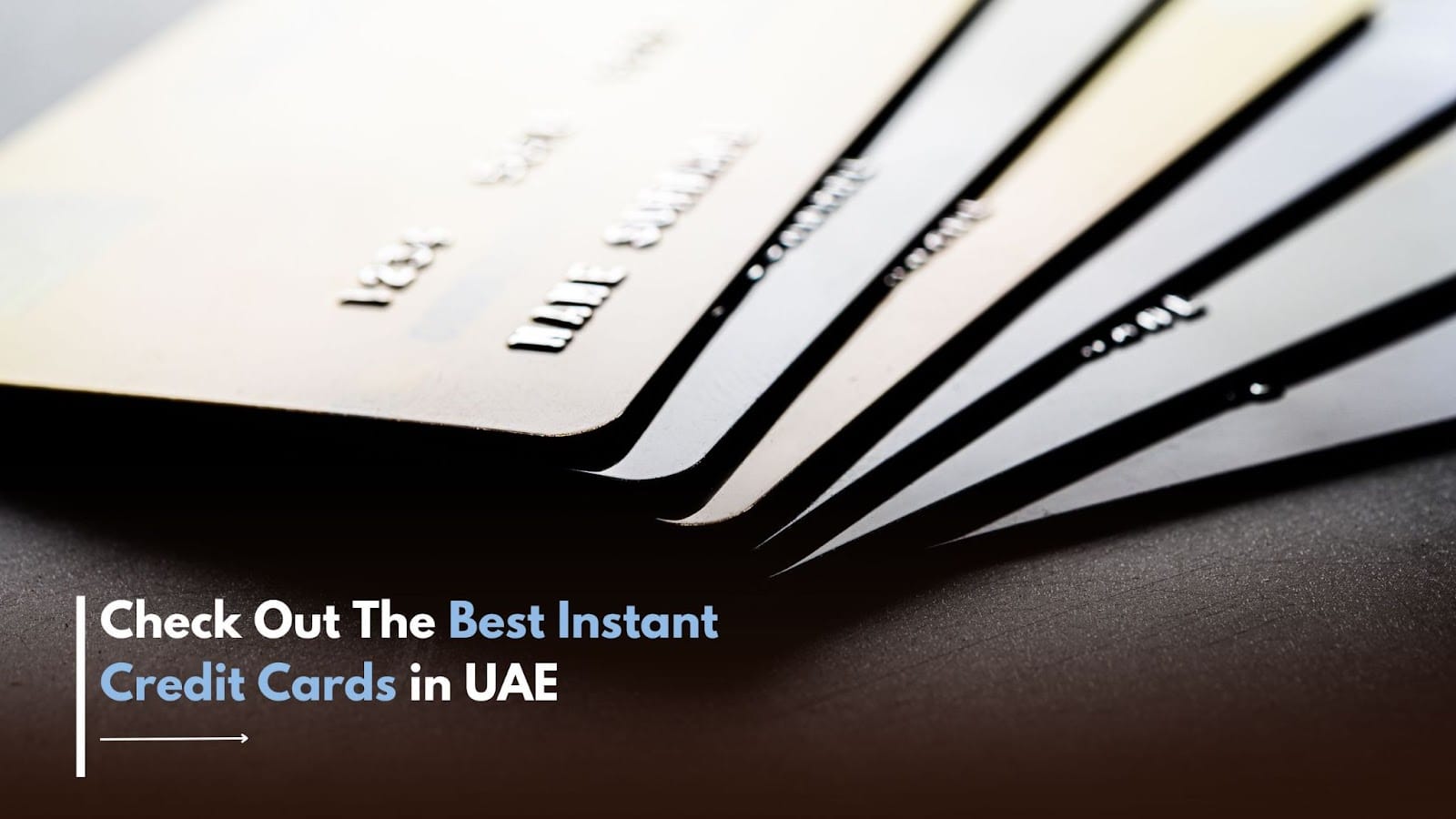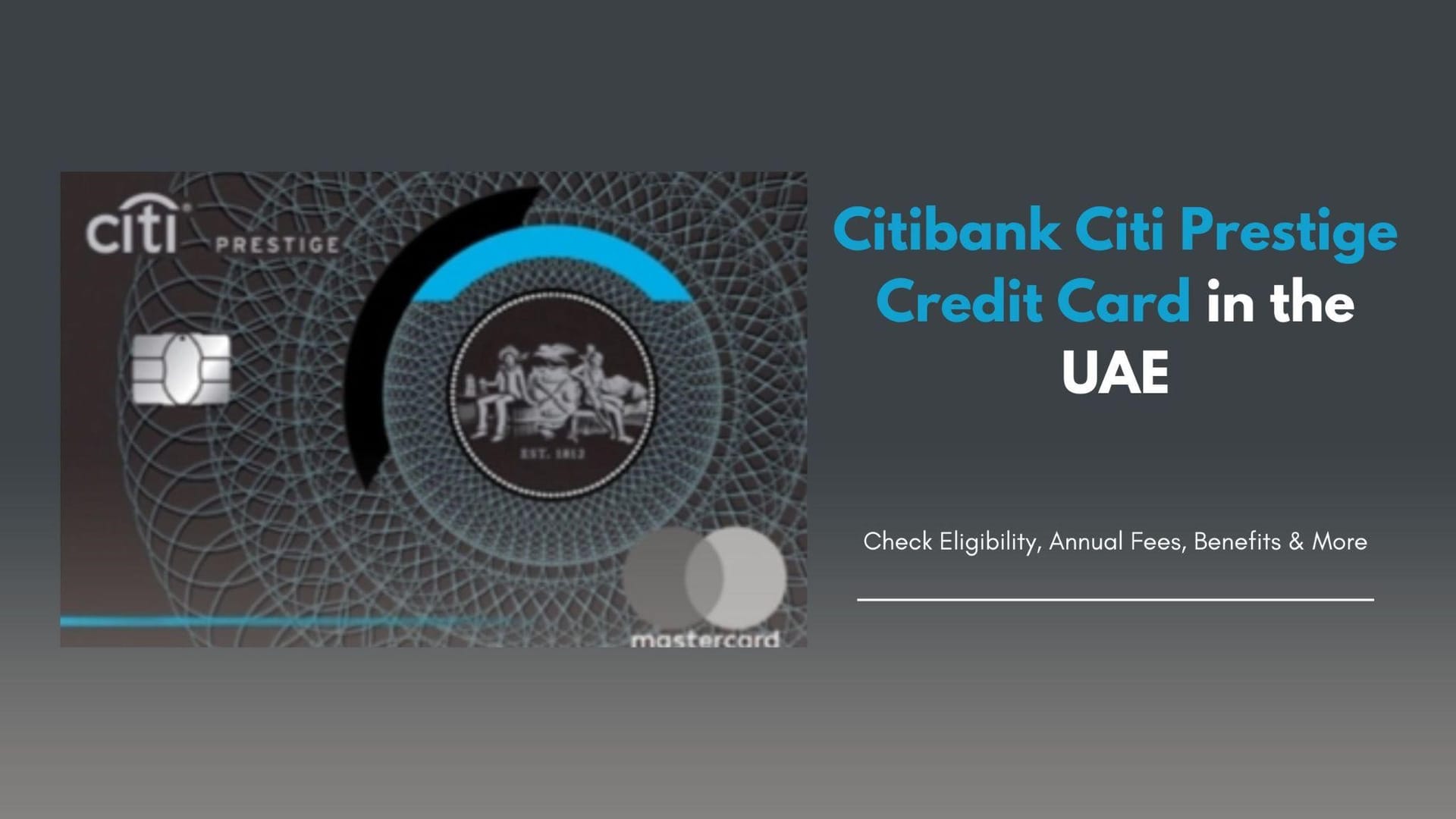Navigating the banking world can be like exploring a vast, intricate maze, especially when understanding the unique identifiers that keep our financial profiles in check. One such key to this maze is the CIF number, a term you might have stumbled upon while dealing with banks in the UAE but have yet to grasp its significance fully. This guide is your compass, leading you through the twists and turns of CIF numbers in the UAE, ensuring you’re equipped to find yours when needed.
What is a CIF Number?
CIF, or Customer Information File, is like a special ID number given to each bank customer. Think of it as a key that unlocks a digital file filled with important information about you, the customer. This file has your details and info about your bank accounts. It’s unique to you, meaning no one else has the same number. This special number helps banks keep track of their customer’s information in an organised way. It’s also a big help in stopping fraud, ensuring every customer is who they say they are. It’s a smart, safe way for banks to know their customers better and keep their records straight.
It holds your personal and financial information, acting as a digital dossier that banks use to keep track of your accounts, loans, and transactions all under one roof.
Advantages of CIF Number
The CIF number isn’t just beneficial for banks; it’s a boon for customers, too. Here’s why:
- Streamlined banking: With all your information under one number, banks can offer you personalised services and quicker support.
- Enhanced security: It adds an extra layer of protection, making unauthorised access to your financial data harder.
- Ease of tracking: Customers can easily track their multiple accounts, loans, and other banking products without the hassle.
How Do CIF Numbers Work?
In the UAE, having a CIF (Customer Information File) number is essential for managing your financial affairs smoothly and securely. Here’s why it’s so important, broken down into easily understandable points:
- Account Management
- Online banking: Your CIF number allows you to access and manage your account on online banking platforms, making your banking experience seamless and convenient.
- Statement generation: It’s needed to generate your account statements, which help you keep track of your finances.
- Fund transfers: Your CIF number facilitates these transactions whether you’re sending money within the country or overseas.
- Loan and credit card applications
- Loan applications: Your CIF number is required to apply for personal loans, mortgages, or any form of credit. Lenders use it to process your application.
- Credit card applications: Similarly, your CIF number is necessary when applying for a credit card.
- Customer Support
- Query resolution: Having your CIF number ready can make customer support more efficient and effective.
- Security: It plays a crucial role in the customer verification process, enhancing the security of your financial transactions.
Now that you understand the importance of your CIF number in the UAE, you might be wondering how to obtain it. Please read below to continue.
How to Find Your CIF Number in UAE
Suppose you must find your Customer Information File (CIF) number at Dubai Islamic Bank, Emirates NBD, and Emirates Islamic Bank. The bank’s steps are slightly different. However, I’ll give you an easy-to-follow guide that should work for most cases:
- Bank statements: Often, the easiest way to find your CIF number is by looking at your printed or electronic bank statements.
- Internet Banking: Log into your online banking portal, and you’ll likely find your CIF number displayed on the homepage or in the account details section.
- Mobile Banking App: Similar to Internet banking, your mobile banking app holds the key to your CIF number, usually found in the ‘My Profile’ or ‘Account Details’ section.
- Customer Service: Call or visit your bank’s customer service when in doubt. A quick identification process later, and they’ll provide you with your CIF number.
- Chequebook: Some banks print the CIF number on chequebooks, so glance at yours.
- Visiting the bank’s branch: A widely used method to obtain your CIF number involves visiting the bank branch where your account is held.
FAQs About CIF Number in UAE
Q: Is my CIF number the same as my account number?
A: No, your CIF number and account number serve different purposes. While your account number identifies a specific account, your CIF number represents you as an individual across all your banking relationships.
Q: Can I have more than one CIF number with the same bank?
A: Typically, no. Banks aim to have a single CIF number per customer to maintain a unified profile of their financial activities.
Q: Is it safe to share my CIF number?
A: While your CIF number isn’t as sensitive as your account details, it’s wise to share it only when necessary and with trusted entities.
Q: Can I change my CIF number?
A: Your CIF number remains the same under normal circumstances. However, a bank might change it in exceptional cases, like merging customer profiles.
Q: What should I do if I need to remember my CIF number?
A: Don’t worry! You can retrieve your CIF number through any of the above mentioned methods, like checking your bank statement or contacting customer service.
Final Thoughts
Understanding your CIF number in the UAE is crucial for a seamless banking experience. It helps personalise your banking needs and ensures that your financial activities are conducted smoothly and securely. Keeping your CIF number handy will unlock a world of efficient and secure banking, whether you’re a long-time resident or new to the UAE. So, embark on this journey with confidence, knowing you know how to navigate the financial landscapes of the UAE.







